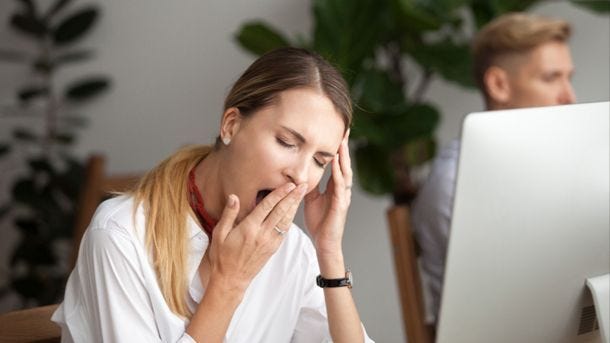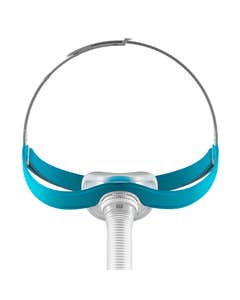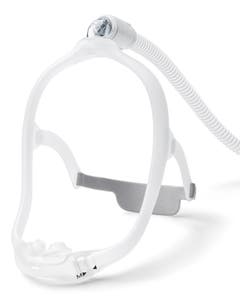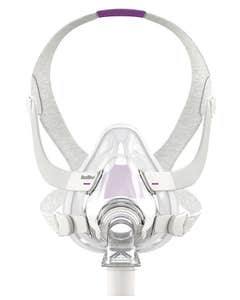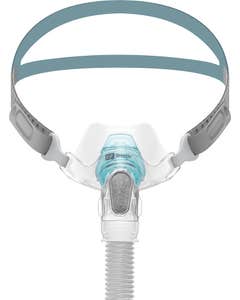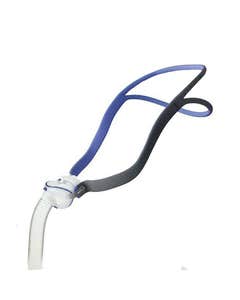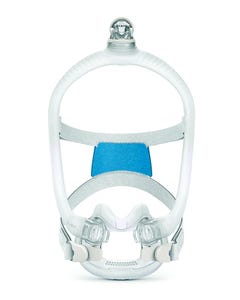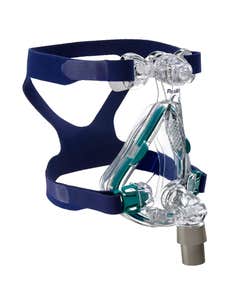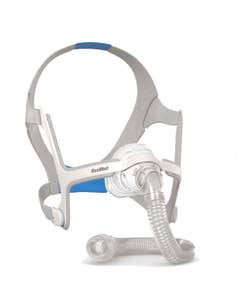Learn How to Sleep Better
Sleep. So much of it is a mystery: Why must we have it? What makes us do it? Do we enter a different world during sleep? But there’s one thing we know for certain about sleep: sleep is necessary for humans to function properly. Troubled sleep patterns or an overall lack of sleep can cause serious health problems within our bodies. If you’re one of the millions of people with sleep issues, here are ways that can help you sleep better.
Why Do We Need Sleep?
Scientists aren’t exactly sure why the human body requires sleep, but they know that quality sleep enhances physical and mental functioning throughout our lives. A person can survive for about 40 days without food, but can last only about 11 days without sleep. A likely reason that we need sleep is to heal. It’s during sleep that the most significant healing takes place in the body – and, not surprisingly, sleep deprivation can pave the way for many health breakdowns. How do you know if you’re not getting enough sleep? Answer the following questions.
Am I Sleep-Deprived?
A lot of people experience the symptoms of not getting enough sleep but don’t recognize them for what they are. Ask yourself these questions:
- Do I need an alarm clock to wake up in the morning?
- Am I irritable and agitated? (Ask your spouse or kids!)
- Do I get drowsy while driving short distances or while waiting at traffic lights?
- Do I “run out of steam” in the middle of the day?
- Am I a light sleeper who wakes up easily at every noise?
- Do I snore?
A “yes” answer to any of these may point to sleep deprivation or lack of quality sleep. Many things can disrupt sleep, some you may not be aware of. Let’s look at a few.
Why Can’t I Sleep Better?
One very prevalent reason for sleep problems is a condition known as sleep apnea, also called obstructive sleep apnea or OSA for short. This happens when, either genetically or because of excess weight, an individual’s throat relaxes during sleep to the point of temporarily blocking the airway. This cessation in breathing can happen just a few times a night or, in severe cases, hundreds of times. During these events, the brain realizes breathing has stopped and jolts the person awake never fully reaching deep or REM sleep. This results in decreased blood flow to the brain and constant sleep interruptions, which can account for all of the symptoms above not to mention even more critical issues like potential stroke or death.
Sleep apnea also can lead to several serious health problems involving the heart. If you suspect you may have this condition, bring it to your physician’s attention right away.
Here are some other reasons people typically cannot get a better nights sleep:
Stress: When our body is on “high-alert,” it’s very difficult to move into sleep.
Alcohol: All types of alcohol in excess can wreak havoc with sleeping patterns – even though you may not be aware of it.
Working graveyard or rotating shifts: Our bodies are designed to operate on what’s known as the “Circadian rhythm,” which gears us toward sleep approximately between 10 p.m. and 6 a.m. If we’re working during those times, a variety of sleep problems can result.
Technology: Most of us spend a lot of time on our smart devices, computers and TV sets. While beneficial in some ways, technology fills the brain with loads of thoughts and ideas, which can be distracting and preoccupying and make getting to sleep difficult.
Noise pollution: Any kind of unsettling noise demands our attention and can impair our ability to fall asleep and stay asleep. Everything from jets taking off and trains blowing their horns to vehicle traffic, dogs barking and even the tick-tock of an electric clock can be disruptive to some people. In addition, wind turbines have come under fire in recent years by people who live near them for allegedly causing symptoms such as fatigue, headaches, lack of mental focus and others that can affect sleep.
Depression and exhilaration: These moods are opposite sides of the same coin, and both are capable of causing significant swings in our feelings and, consequently, our ability to rest and sleep effectively.
The High Cost of Lack of Sleep
A study by nonprofit RAND Europe, reported Nov. 30, 2016 in Fortune, showed that lack of sleep costs the U.S. economy $411 billion and 1.2 million working days per year. The study also found that people who average less than six hours of sleep per night have a 13 percent higher mortality rate than those sleeping between seven and nine hours.
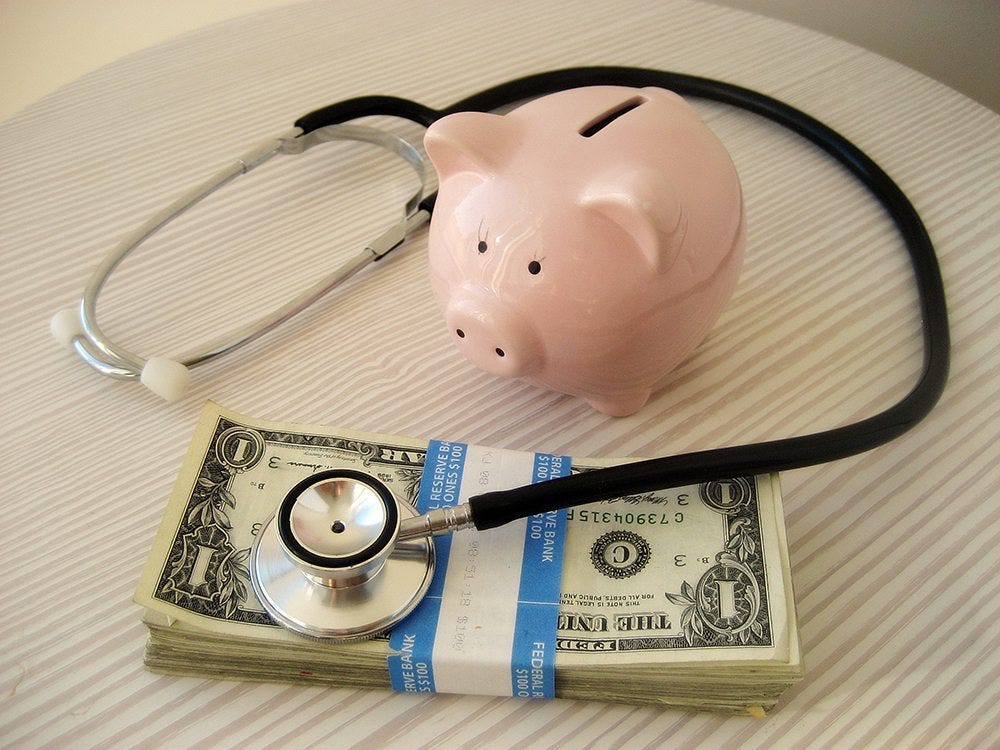
Do You Want to Learn How to Sleep Better? Here’s What You Need to Know.
Lack of sleep means lack of mental clarity, and not surprisingly that means more accidents and injuries on the job and elsewhere. When you look at the numbers above, it becomes very clear that Americans need to learn a thing or two about how to sleep better.
What to Do and What Not to Do to Sleep Better
Do:
- Sleep in a dark room
- Use your bedroom almost exclusively for sleep, not for normal daily activities
- Read something that’s mundane and not too exciting to help you fall asleep
- Practice meditation before bedtime
- Engage in regular exercise (but not too close to bedtime)
- Eat a healthy diet
Don’t:
- Drink alcohol in excess within three hours of sleep
- Engage in stimulating discussions right up to bedtime
- Sleep with the TV or music on.
- Nap during the day
- Eat anything heavy just before going to bed
- Let problems overwhelm your mind as you head toward sleep
Effort Pays off – Allowing You to Sleep Better
You owe it to yourself to make a concerted effort to get adequate, restful sleep. First, determine if you’re one of the millions of people who are sleep-deprived. Then find out what’s causing it. See your doctor or set up a sleep test to determine if sleep apnea is present. Finally, take focused action to resolve the problem. You’ll live longer, have an improved quality of life, be happier and accomplish much more if you live in the well-rested state that your body and mind need to function.
The CPAP Shop is focused on enhancing the lives of those with sleep apnea by providing therapeutic products such as CPAP machines, masks and accessories. If you have questions, please call us at (866) 414-9700.
Additional reference
https://fortune.com/2016/11/30/sleep-productivity-rand-corp-411-billion/
Sleep. So much of it is a mystery: Why must we have it? What makes us do it? Do we enter a different world during sleep? But there’s one thing we know for certain about sleep: sleep is necessary for humans to function properly. Troubled sleep patterns or an overall lack of sleep can cause serious health problems within our bodies. If you’re one of the millions of people with sleep issues, here are ways that can help you sleep better.
Why Do We Need Sleep?
Scientists aren’t exactly sure why the human body requires sleep, but they know that quality sleep enhances physical and mental functioning throughout our lives. A person can survive for about 40 days without food, but can last only about 11 days without sleep. A likely reason that we need sleep is to heal. It’s during sleep that the most significant healing takes place in the body – and, not surprisingly, sleep deprivation can pave the way for many health breakdowns. How do you know if you’re not getting enough sleep? Answer the following questions.
What Happens When You Don't Sleep?
Not sleeping for a long period of time will cause some to become sleep deprived. Sleep deprivation is linked to many chronic health problems, including heart disease, kidney disease, high blood pressure, diabetes, stroke, obesity, and depression. Poor sleep or lack of sleep also increases the amount of cortisol a person's body produces, resulting in increased feelings of stress and anxiety.
How Much Sleep Do I Need?
The amount of sleep a person needs varies amongst everyone. While some people are able to operate off only 5-6 hours of sleep, that doesn't necessarily mean that's the amount you should be getting. Most adults need 7-9 hours of sleep to help their bodies rest and refuel your body. Adequate amount of sleep will remove toxins from the brain, allowing the brain to properly function when you wake up. Adequate sleep also maintains weight, reduces stress, promotes social interaction, and helps you focus more.
Am I Sleep-Deprived?
A lot of people experience the symptoms of not getting enough sleep but don’t recognize them for what they are. Ask yourself these questions:
- Do I need an alarm clock to wake up in the morning?
- Am I irritable and agitated? (Ask your spouse or kids!)
- Do I get drowsy while driving short distances or while waiting at traffic lights?
- Do I “run out of steam” in the middle of the day?
- Am I a light sleeper who wakes up easily at every noise?
- Do I snore?
A “yes” answer to any of these may point to sleep deprivation or lack of quality sleep. Many things can disrupt sleep, which some you may not be aware of. Let’s look at a few.
Why Can't I Sleep Better?
One very prevalent reason for sleep problems is a condition known as sleep apnea, also called obstructive sleep apnea or OSA for short. This happens when, either genetically or because of excess weight, an individual’s throat relaxes during sleep to the point of temporarily blocking the airway. This cessation in breathing can happen just a few times a night or, in severe cases, hundreds of times. During these events, the brain realizes breathing has stopped and jolts the person awake never fully reaching deep or REM sleep. This results in decreased blood flow to the brain and constant sleep interruptions, which can account for all of the symptoms above not to mention even more critical issues like potential stroke or death.
Sleep apnea also can lead to several serious health problems involving the heart. If you suspect you may have this condition, bring it to your physician’s attention right away.
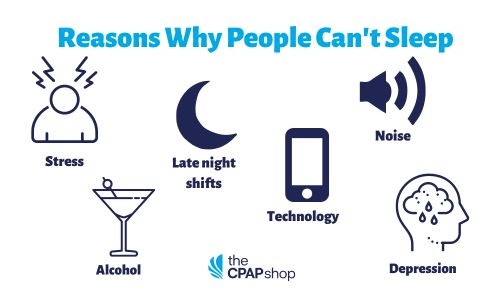
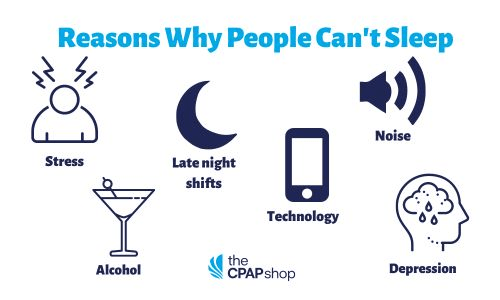
Here are some other reasons people typically cannot get a better night's sleep:
- Stress: When our body is on “high alert,” it’s very difficult to move into sleep.
- Alcohol: All types of alcohol in excess can wreak havoc with sleeping patterns – even though you may not be aware of it.
- Working graveyard or rotating shifts: Our bodies are designed to operate on what’s known as the “Circadian rhythm,” which gears us toward sleep approximately between 10 p.m. and 6 a.m. If we’re working during those times, a variety of sleep problems can result.
- Technology: Most of us spend a lot of time on our smart devices, computers, and TV sets. While beneficial in some ways, technology fills the brain with loads of thoughts and ideas, which can be distracting and preoccupying and make getting to sleep difficult.
- Noise pollution: Any kind of unsettling noise demands our attention and can impair our ability to fall asleep and stay asleep. Everything from jets taking off and trains blowing their horns to vehicle traffic, dogs barking and even the tick-tock of an electric clock can be disruptive to some people. In addition, wind turbines have come under fire in recent years by people who live near them for allegedly causing symptoms such as fatigue, headaches, lack of mental focus, and others that can affect sleep.
- Depression and exhilaration: These moods are opposite sides of the same coin, and both are capable of causing significant swings in our feelings and, consequently, our ability to rest and sleep effectively.
The High Cost of Lack of Sleep
A study by nonprofit RAND Europe, reported Nov. 30, 2016 in Fortune, showed that lack of sleep costs the U.S. economy $411 billion and 1.2 million working days per year. The study also found that people who average less than six hours of sleep per night have a 13 percent higher mortality rate than those sleeping between seven and nine hours.
Do You Want to Learn How to Sleep Better? Here’s What You Need to Know.
Lack of sleep means lack of mental clarity, and not surprisingly that means more accidents and injuries on the job and elsewhere. When you look at the numbers above, it becomes very clear that Americans need to learn a thing or two about how to sleep better.
What to Do and What Not to Do to Sleep Better
Do
- Sleep in a dark room: Light exposure delays the production of melatonin, which is the hormone that makes you sleepy. Making sure your room is dark is beneficial to sleep quality. It is recommended to buy curtains or shades to block light coming from any windows.
- Use your bedroom almost exclusively for sleep, not for normal daily activities: While some people use their beds to relax or nap during the day, it is not recommended to do so. Making sure your bed is being used for sleep exclusively will cause less trouble.
- Read something that’s mundane and not too exciting to help you fall asleep: Reading something that is engaging but not too exciting is beneficial to help someone get ready for bed.
- Practice meditation before bedtime: Meditation before bedtime relaxes the mind and reduces worry and anxiety. It promotes overall calmness and reduces insomnia.
- Engage in regular exercise (but not too close to bedtime): People who exercise regularly have an easier and faster time falling asleep at night. Exercise can also improve the symptoms of sleep apnea and insomnia. However, working out too close to bedtime is not recommended as that stimulates hormones like adrenaline, which make it harder to sleep.
- Eat a healthy diet: Eating 3 meals a day is crucial to overall health. It is also recommended to not skip breakfast as that will actually lower energy and increase stress, both factors that disrupt sleep.
- Stick to your sleep routine: Having a bedtime routine helps your body learn over time that it is time for bed. Making sure you do the same things every night before bed helps you get a better quality of sleep every night.
- Try to go to bed with a stress-free mind: A stress-free mind will help you fall asleep faster and stay asleep. Following a bedtime routine or relaxation techniques promotes a stress-free mind.
- Maintain your sleep and wake-up times: Keeping a consistent sleep schedule helps your body's internal clock and circadian rhythm function properly each day. A regular bedtime and routine improve long-term sleep quality and benefits your overall quality of health.
- Take a relaxing bath: Relaxation techniques, like taking a bath, promote calmness before bedtime. It will also relax the body's muscles to make you ready for bed.
Don't
- Drink alcohol in excess within three hours of sleep: Alcohol alters nighttime melatonin production, messing up your circadian rhythm. Not only will it affect your hormones, but alcohol is also linked to sleep apnea and its symptoms and may cause excessive snoring and spotty sleep.
- Engage in stimulating discussions right up to bedtime: While having stimulating discussions can be useful and informative, it can also energize you, which is not recommended for healthy sleep.
- Sleep with the TV or music on: Having the TV on or having music playing is distracting to falling asleep. Not only do these things suppress melatonin but they may stimulate you rather than relax you.
- Nap during the day: Sometimes naps can be useful for someone if they are tired from the day before. However, frequently napping or taking longer naps overall negatively affects your sleep. That's because sleeping during the day makes it harder to sleep at night as your internal clock can be interrupted.
- Eat anything heavy just before going to bed: Do not eat anything too heavy at least 2 hours before bedtime. Spicy or acidic foods can cause stomach pain, heartburn, and other health problems.
- Let problems overwhelm your mind as you head toward sleep: Bedtime should be a relaxing and calm experience. Trying not to worry about things will help you fall asleep faster. Instead, it may be beneficial to think happy thoughts and about things you are grateful for.
- Don’t consume caffeine before bedtime: Caffeine stimulates the nervous system and helps to enhance focus and energy. While this good be beneficial for the daytime, drinking caffeinated drinks too close to bedtime could make your body resist relaxation.
- Limit smoking: Nicotine is a stimulant that also disrupts sleep, so limiting smoking or avoiding smoking will improve sleep.
- Stop eating sugary food: Eating foods full of sugar and refined carbs triggers wakefulness and may interrupt sleep. Foods to avoid include white bed, white rice, and pasta.
- Cut the fluids: Drinking too many fluids will cause you to wake up in the middle of the night and have to use the bathroom.
Effort Pays off – Allowing You to Sleep Better
You owe it to yourself to make a concerted effort to get adequate, restful sleep. First, determine if you’re one of the millions of people who are sleep-deprived. Then find out what’s causing it. See your doctor or set up a sleep test to determine if sleep apnea is present. Finally, take focused action to resolve the problem. You’ll live longer, have an improved quality of life, be happier and accomplish much more if you live in the well-rested state that your body and mind need to function.
The CPAP Shop is focused on enhancing the lives of those with sleep apnea by providing therapeutic products such as CPAP machines, masks, and accessories. If you have questions, please call us at (866) 414-9700.



